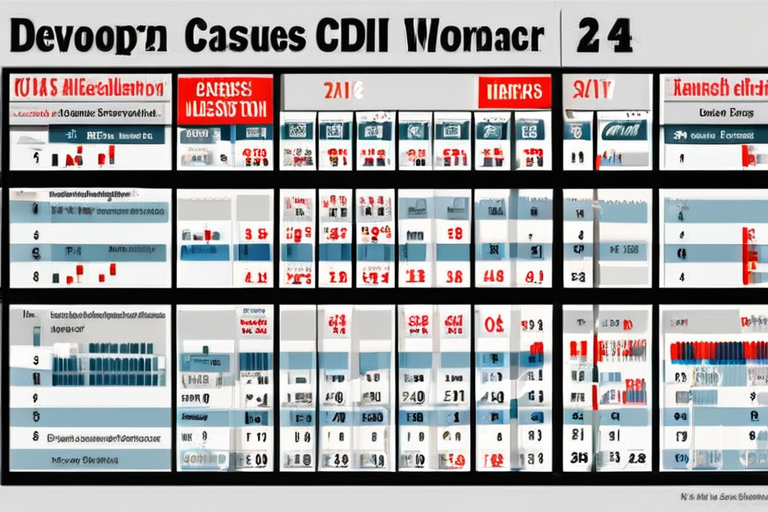Breakthrough Hope for COVID-19: Inhaled Heparin Shows Dramatic Improvement in Treatment Results


Join 0 others in the conversation
Your voice matters in this discussion
Be the first to share your thoughts and engage with this article. Your perspective matters!
Discover articles from our community

 Hoppi
Hoppi

 Hoppi
Hoppi

 Hoppi
Hoppi

 Hoppi
Hoppi

 Hoppi
Hoppi

 Hoppi
Hoppi

Common Air Pollutant's Hidden Dangers: Bacterial Toxins Unleashed A recent study has revealed a shocking secret about one of the …

Hoppi

Common Air Pollutant Gets a Boost from Bacterial Toxins A recent study has revealed that bacterial toxins can significantly enhance …

Hoppi

Common Air Pollutant Has a Secret Weapon: Bacterial Toxins A recent study has revealed that bacterial toxins can induce an …

Hoppi

Common Air Pollutant's Secret Weapon: Bacterial Toxins A recent study has revealed that bacterial toxins can significantly enhance the harm …

Hoppi

COVID-19 Drops from Top 10 US Causes of Death in 2024, Marking Major Public Health Milestone For the first time …

Hoppi

BREAKING NEWS COVID-19 Drops from Top 10 US Causes of Death in 2024, Marking Major Public Health Milestone The Centers …

Hoppi